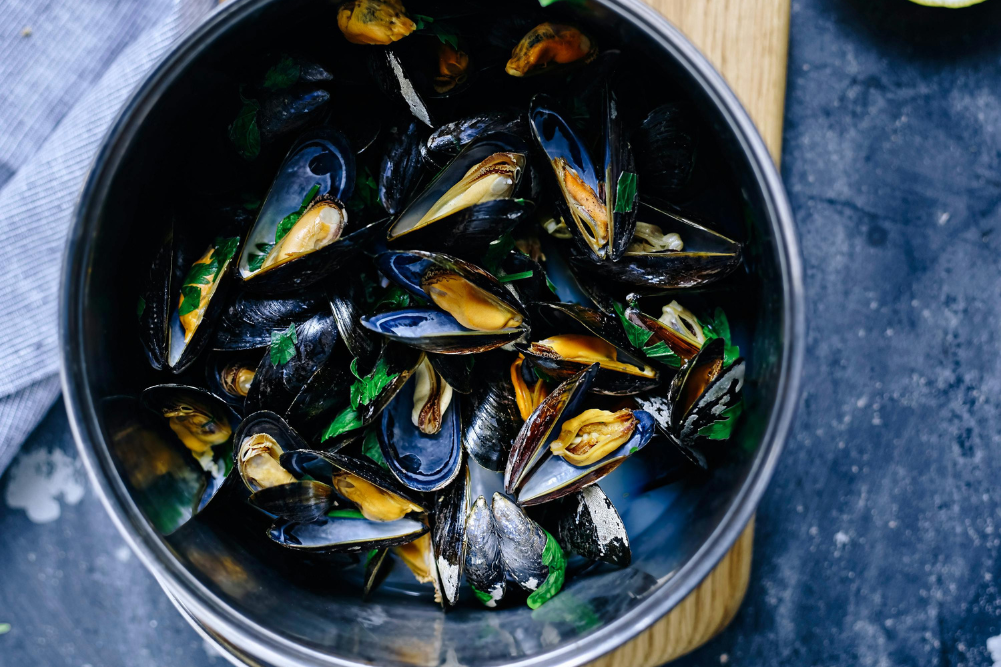BPA substitutes promote fat cells
Bisphenol-A is commonly known as BPA and it is used in many plastics. BPA-based plastic is clear and tough, and has been made into a variety of products including water bottles, sports equipment, CDs, water pipes, as the coating inside many food and beverage tins and in making thermal paper such as that used in sales receipts. However, BPA exhibits hormone-like properties that raise concern about its suitability in some consumer products and food containers. The United States Food and Drug Authority has ended its authorization of the use of BPA in baby bottles and infant formula packaging, admittedly based on market abandonment, not safety. The European Union and Canada have banned BPA use in baby bottles. As consumer distrust of BPA has grown manufacturers have realised that they needed to look for alternatives and many plastics now proudly proclaim themselves to be “BPA-free” as a marketing tool. Unfortunately, new research has confirmed that the substance used to replace BPA may have problems of its own.
The results showed that BPS at all concentrations resulted in fat cell formation.
The substance often used to replace BPA has been BPS in products labelled “BPA-free”, so it is important to know how BPS impacts the human body. In this new study, researchers used “preadipocytes”, cells that can become fat cells, from the hip, thigh or abdomen of female volunteers. These cells were exposed to either BPS or dexamethasone, which is known to cause a specific level of fat cell formation and buildup of fat in both blood and tissue.
The results showed that BPS at all concentrations resulted in fat cell formation. Interestingly the highest and lowest concentrations of BPS led to the highest fat buildup while moderate concentrations led to a smaller concentration. The researchers noted that even small amounts of a substance that can disrupt hormones can cause alterations in bodily functions.
The bottom line of all that, of course, is it is always a better option to go for food that doesn’t require plastic packaging.








